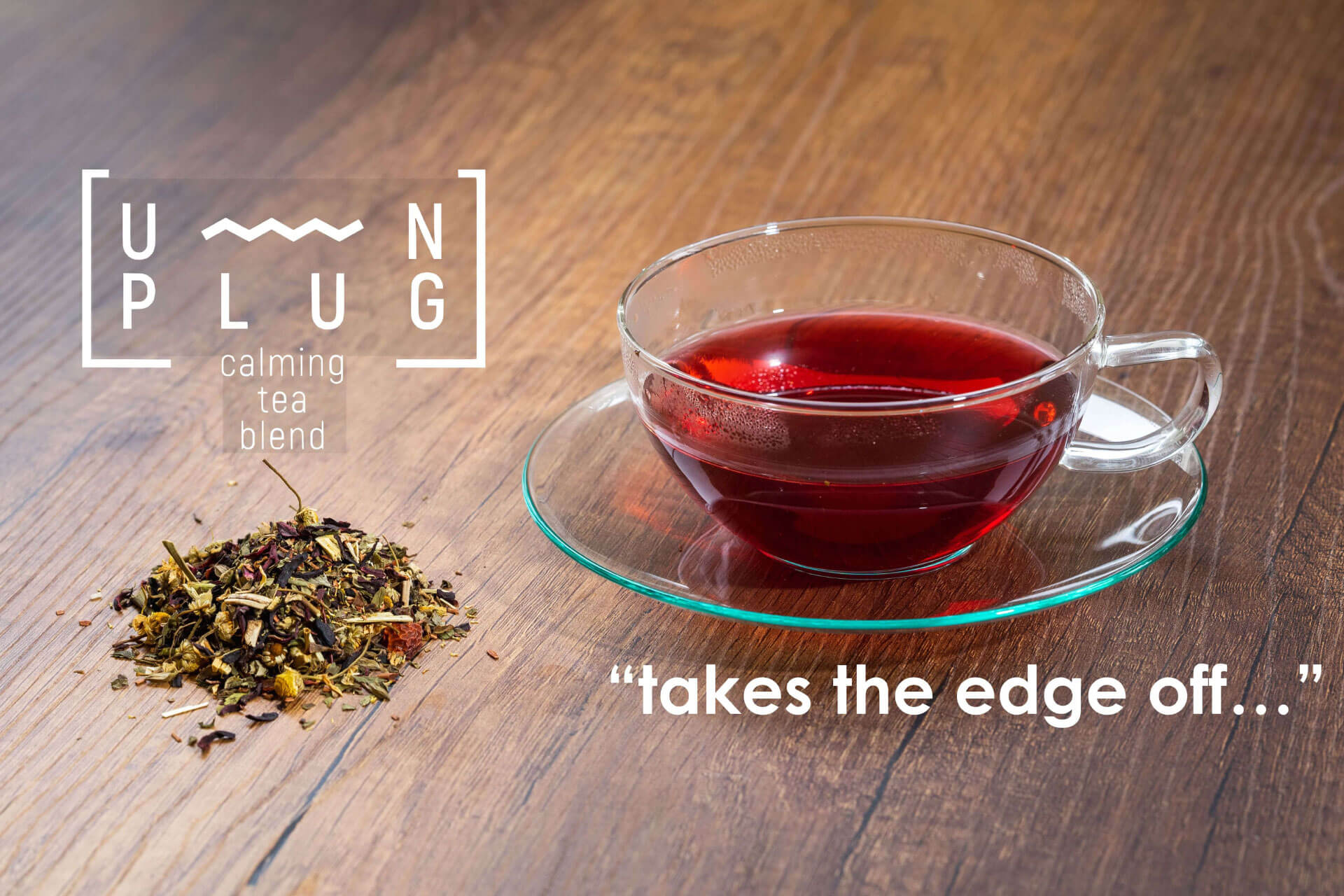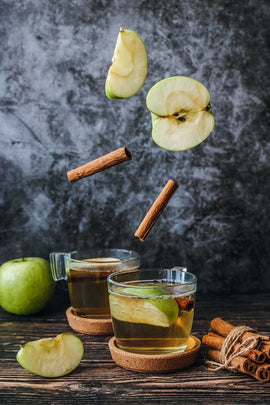
Hibiscus, scientifically known as Hibiscus sabdariffa, emerges as a botanical marvel with its resplendent, trumpet-shaped blooms. This tropical gem has adorned human cultures for millennia, both as a cherished beverage and as a therapeutic elixir. While the hibiscus genus boasts numerous species, it's Hibiscus sabdariffa that takes center stage, particularly in the realm of tea production. Recent scientific inquiries illuminate the potential health benefits harbored within this crimson-hued infusion, attributing much of its prowess to a potent blend of antioxidants and anti-inflammatory compounds.

Delving into the depths of research, contemporary studies spotlight Hibiscus sabdariffa's promising role in mitigating various chronic ailments and afflictions, ranging from hypertension and hypercholesterolemia to diabetes, obesity, and even Alzheimer's disease.
Let's embark on a journey to uncover the myriad health advantages associated with hibiscus tea, as elucidated by our esteemed panel of experts. But first, let's unravel the essence of hibiscus tea itself.
What Exactly is Hibiscus Tea?
Hibiscus sabdariffa, known by a plethora of aliases including Florida cranberry, Roselle, Jamaica sorrel, and red sorrel, traces its origins to the verdant landscapes of Central and West Africa, but has since spread its roots across the globe.
Hibiscus tea presents itself as a caffeine-free libation, adorned with a luscious crimson hue and a tantalizingly tart, fruity flavor profile. Crafted from the dried calyces, those tender outer sepals that enshroud the embryonic petals, hibiscus tea finds favor among denizens of South and Central America, as well as Africa and the Caribbean. Not merely confined to the realm of beverages, the versatile calyces find their way into an array of culinary delights, from jams and sauces to wines and fermented concoctions.

At Ekön Tea, we address the question of whether hibiscus can be classified as tea with precision. While the term 'hibiscus tea' is commonly used, it's essential to clarify that scientifically, hibiscus does not belong to the Camellia sinensis plant family, which constitutes true teas. Instead, hibiscus, scientifically known as Hibiscus sabdariffa, belongs to the genus Hibiscus. Therefore, strictly speaking, hibiscus infusion isn't a tea in the traditional sense. It is more accurately referred to as 'hibiscus infusion' or 'hibiscus flower water.'
At Ekön Tea, we ensure botanical accuracy in our terminology, guiding our customers with clarity and precision.we maintain our commitment to botanical accuracy while crafting our blends. That's why our blends feature hibiscus, meticulously selected for its unique flavor and properties. Additionally, we artfully blend it with green tea, enriching our offerings with a harmonious fusion of flavors and benefits. By combining hibiscus with green tea, we create blends that embody both botanical precision and delightful taste experiences, ensuring that every sip is a moment of pure enjoyment and wellness.
History of Hibiscus Infusion
The utilization of hibiscus for therapeutic purposes traces back over 2000 years. Historical records indicate its application in traditional Chinese medicine for addressing hypertension and liver ailments. Although it might not have always been ingested in the form of an infusion, its usage was widespread and continues to be popular to this day.
Let's journey back to ancient Egypt, the birthplace of the history of Hibiscus Infusion. Egyptian Pharaohs were noted for enjoying this infusion to shield themselves from the sweltering desert heat while navigating the grand Nile River. Aside from its refreshing taste, the medicinal benefits of Hibiscus Infusion were acknowledged in treating heart and nerve disorders, and even as a diuretic. Fast forward to the present day, and people in Egypt still relish this delightful infusion for similar health reasons.

From North Africa to Asia, this infusion is often savored for its pleasing taste and myriad health benefits. It's no surprise that there are numerous ways to savor this beverage worldwide, including steeped infusion served either hot or cold. It can be brewed akin to coffee or transformed into juice with the addition of sweeteners like honey or sugar cane syrup. Moreover, it can be incorporated into desserts or tossed into salads for an invigorating flavor.
Unraveling the Health Tapestry of Hibiscus Tea
ExpertsHibiscus sabdariffa's storied lineage in traditional medicine beckons us to explore its modern-day applications in promoting well-being. While empirical evidence continues to burgeon, shedding light on the multifaceted therapeutic potential of hibiscus tea, our experts emphasize the need for prudent interpretation, given the diverse array of research methodologies employed.
Source Pharmaceuticals (Basel). 2022 Apr; 15(4): 464.Published online 2022 Apr 12. doi: 10.3390/ph15040464Physiological Effects and Human Health Benefits of Hibiscus sabdariffa: A Review of Clinical Trials Efigenia Montalvo-González,1 Zuamí Villagrán,2 Sughey González-Torres,2





